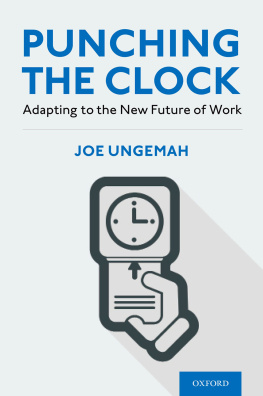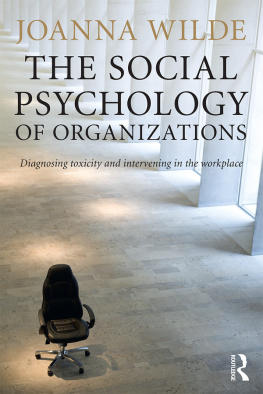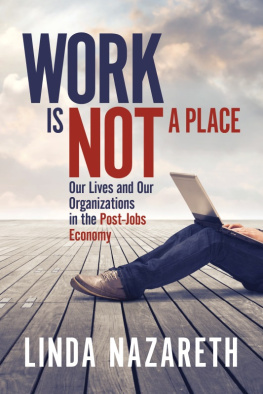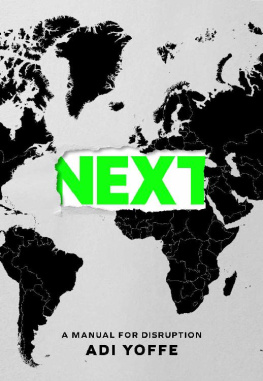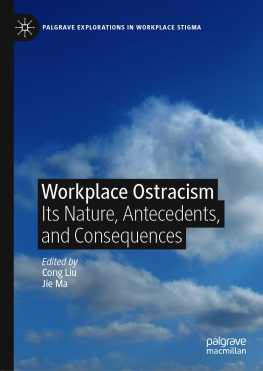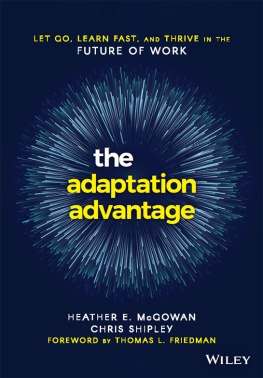Punching the Clock

Oxford University Press is a department of the University of Oxford. It furthers
the Universitys objective of excellence in research, scholarship, and education
by publishing worldwide. Oxford is a registered trade mark of Oxford University
Press in the UK and certain other countries.
Published in the United States of America by Oxford University Press
198 Madison Avenue, New York, NY 10016, United States of America.
Oxford University Press 2021
All rights reserved. No part of this publication may be reproduced, stored in
a retrieval system, or transmitted, in any form or by any means, without the
prior permission in writing of Oxford University Press, or as expressly permitted
by law, by license, or under terms agreed with the appropriate reproduction
rights organization. Inquiries concerning reproduction outside the scope of the
above should be sent to the Rights Department, Oxford University Press, at the
address above.
You must not circulate this work in any other form
and you must impose this same condition on any acquirer.
Library of Congress Cataloging-in-Publication Data
Names: Ungemah, Joe, 1976 author.
Title: Punching the clock : adapting to the new future of work / Joe Ungemah.
Description: New York, NY : Oxford University Press, [2021] |
Includes bibliographical references and index.
Identifiers: LCCN 2020039404 (print) | LCCN 2020039405 (ebook) |
ISBN 9780190061241 (hardback) | ISBN 9780190061265 (epub) |
ISBN 9780190061272
Subjects: LCSH: WorkPsychological aspects. | EmployeesPsychology. |
Psychology, Industrial. | Industrial sociology.
Classification: LCC HF5548.8 .U54 2021 (print) | LCC HF5548.8 (ebook) |
DDC 306.3/60112dc23
LC record available at https://lccn.loc.gov/2020039404
LC ebook record available at https://lccn.loc.gov/2020039405
DOI: 10.1093/oso/9780190061241.001.0001
1 3 5 7 9 8 6 4 2
Printed by Sheridan Books, Inc., United States of America
Contents
The short and troubled history of Ubers corporate culture, how aggression toward a Bobo doll unlocked the rules of role modeling, and when unconscious bias becomes reality
Attachment sets the stage, a tour of the Love Lab, the magic ratio, and how the Four Horsemen predict the success of relationships in and out of the workplace
Reinforcement of behavior, B. F. Skinners ruthless quest for learned helplessness, the ways casinos play on basic human urges, and what pre-school children can teach us about restraint
Why people sometime feel paralyzed by decisions, how looking after a houseplant can lead to a longer life, and when small decisions stacked up to cause the Hindenburg disaster
Captain Chesley Sullenbergers crash on the Hudson, Nick Leesons single-handed destruction of Barings Bank, and what Major League Baseball salaries can tell us about ego threat
What the Stanford Prison Experiment and the 2016 Academy Awards together reveal about direct and indirect types of power on employee relations and inclusiveness
Why people will help in some circumstances and fail to act in others, as explained by the brutal murder of Kitty Genovese and an unusual bus accident in London
The 1934 field study of a Chinese couple seeking a hotel, recent woes at Airbnb, and how personal connections can resolve the disconnect between intent and action
Stanley Milgrims experiment that uncovered how authority overpowers good intentions and the implications it has for whistle-blowing on unethical or illegal behavior
Individuals caving to the crowd, groupthink during the Bay of Pigs fiasco, and how groups can change even the deepest held opinions
The North Pond Hermit, how social labels and group memberships define personal identity, and the story of one employee who can be said to Bleed Blue
Sherifs Robbers Cave experiment; the Troubles of Northern Ireland; and how social mobility, group categorization, and self-esteem fan the flames of group conflict
The tale of a famous spirit photographer, the psychological tricks used by con-men, and how cognitive biases worked against spotting and reacting to the COVID-19 crisis
9,020. This is the number of days a newly graduated college student can expect to work in his or her lifetime based on average life expectancy and retirement age. Put into perspective, work makes up just over 30% of everything we will ever do. The only activity that overshadows this level of commitment is really not an activity at all, but rather the time we spend asleep. On average, we sleep 10,608 days or 35% of our lifetime, taking account of the drop in sleeping hours from a high of 13 hours for infants to a low of 7 hours for seniors. Considering that two-thirds of our lives are caught up either working or asleep, this leaves precious little time for everything else we value and enjoy, including the time we spend with family and friends. Just from a time perspective, working could be considered the trait that best describes what it means to be human.
Yet this is not how the vast majority of workers would describe their existence. Roughly only a third of the workforce would describe themselves as highly engaged in the work that they do. The rest of us trudge through the day, doing tasks that may pay the bills but leave us hollow inside. When the BBC asked for examples of the most boring jobs their readers experienced, the examples were telling. Jane from Yate dreams of peas, I tested the temperature of frozen peas for a whole summer. I used to dream about endless rivers of little green balls. Petes story is not too different, I put pepperoni on 14,000 pizzas per day at a factory in Nottingham. If the conveyer belt broke down, we made smiley faces on the pizzas with the pepperoni. So, if you ever see a smiley pizza, thats why. At least Jane and Pete had tangible jobs, which is different from Jon who lives in London: I was once employed through the summer as someone to talk to. It was a small architectural company that only had three employees. When I queried why there was so little work to do, they told me it was just refreshing to have someone else to talk to and discuss ideas with.
If it isnt the job itself that makes you tune out, it is likely the people that you work with. In a poll sponsored by Samsung of 1,000 office workers, employees reported losing 22 minutes a day to unwanted distractions caused by their colleagues, such as moaning or eating loudly. Almost a third of those surveyed had left a previous job because their colleagues became too irritating, far outpacing physical workplace environment or technology limitations as key reasons to quit.
Potentially, some of these frustrations might disappear as the world of work moves to more virtual and tenuous forms of employment. Greater numbers of people are adapting to the gig economy, broadly characterized by workers cobbling together multiple jobs or becoming independent contractors who are not tied into traditional employment relationships. These workers are inserting themselves into a workplace increasingly dominated by the Future of Work, where routine tasks are augmented by robotic process automation while straightforward decisions are increasingly being made by artificial intelligence. The physical workplace is changing, too, with open-plan, flexible designs carrying names like neighborhoods replacing offices and cubicles. Not only are these new workplaces cheaper to operate, with their smaller physical footprint per employee, but they are also said to address the changing needs of employees to interact with and collaborate across a broader range of coworkers. Not every office will take it to the extreme of installing a fire pit or a tunnel-slide between floors, but perceptions about what constitutes a workplace are evolving. Propelling technological and environment changes further are the attitudes of new workers. Fresh graduates are putting increased priority on building skills (potentially for the next gig) and doing fulfilling work in a vibrant community of collaborators, as opposed to climbing the career ladder or seeking personal wealth.

